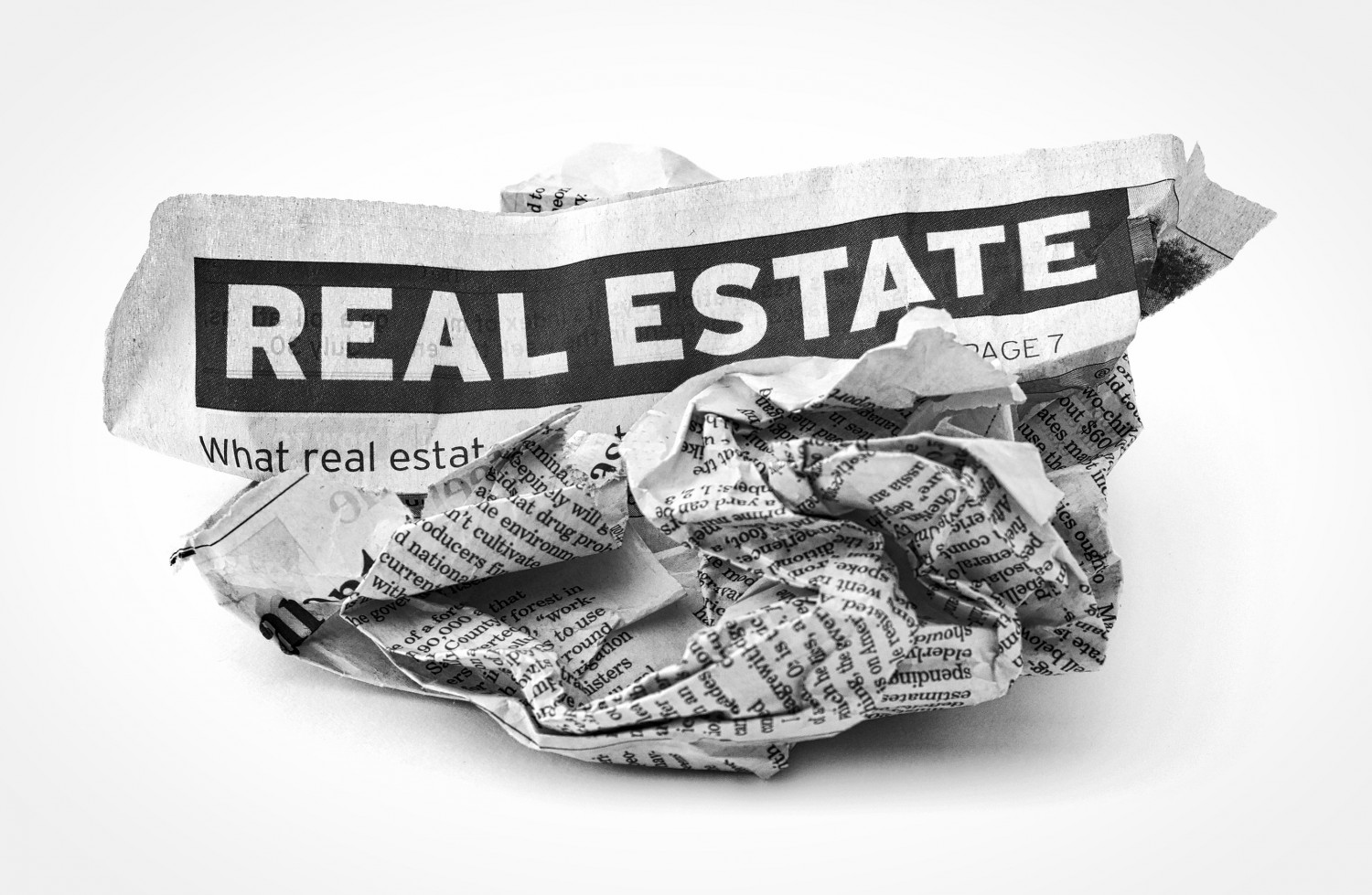Economy
Author Robert Kiyosaki Saw the 2016 Market Meltdown Coming…Back in 2002

Robert Kiyosaki — author of the best-selling Rich Dad, Poor Dad series — recently shared his insights on what he and other financial pundits are calling a market meltdown year.
Baby Boomer Bust
Kiyosaki pointed out that he had predicted the economic mess in his 2002 book, Rich Dad’s Prophecy. He had theorized that the stock market would crash in 2016 as the first wave of Baby Boomers began to hit 70 1/2 in 2016 and started taking required-by-law distributions from traditional individual retirement accounts.
Kiyosaki's pronouncements are based on solid statistics. “According to U.S. Census Bureau data, more than 76 million individuals were born between 1946 and 1964; researchers at the Population Reference Bureau determined in 2014 that 65 million of them were still living. After immigrants are added in, according to that 2014 report, the number of living U.S. Baby Boomers was back above 76 million,” confirmed MarketWatch's Barbara Kollmeyer.
Aside from Baby Boomer numbers, Kiyosaki also cited the China crisis.
The Trouble With China
It's not just Kiyosaki who is pointing out that China is in some sort of economic rut that has had drastic effects on world economy.
The year started off with some ominous economic events. But the most alarming was that there were two emergency market shutdowns in China within the first four trading days of 2016.
For the past 30 years, China has been the fastest growing economy in the world, consistently registering double-digit growth year-on-year rate. The Chinese economy is now ranked No. 2 in the world, with the U.S. at No. 1. Analysts speculate that the Asian giant may one day take the top spot. Thus, major world business companies decided to invest heavily in expansion to the Chinese market.
However, as the Chinese middle class grew, they didn't have a lot of options when it came to investing their new wealth. “As a result, Chinese stocks and real estate, two of the places where Chinese people can invest, became increasingly expensive, with the hallmarks of a bubble forming,” noted financial analyst Adam Hayes in Investopedia.
Hayes added, “Meanwhile, China's real estate boom has led to overproduction of building resulting in so-called ghost cities, entire urban landscapes where nobody lives. When the market sees that the oversupply cannot meet demand, prices may collapse in the Chinese housing market. If the Chinese economy slips into recession, it is likely to drag down the rest of the world as well.”
In an NPR interview, Mohamed El-Erian — the chief economic adviser at multinational financial services firm Allianz and chairman of President Barack Obama's Global Development Council — offered a simplified explanation of China's predicament.
El-Erian pointed out: “They’ve become too big. They can no longer sell to the rest of the world in a manner that generate enough economic growth and enough income for their population. So they’ve become too big for the world. They’re too big for the neighborhood. So now they have to rely much more on their own internal drivers of growth. And that’s a very clear transition that lots of countries go through. No one as big as China and as complicated as China has attempted it recently.”
Echoing El-Erian's stance, The Huffington Post reporter Daniel Marans concluded that “whether China will emerge from its current challenges stronger, hobble along or enter a free fall is largely up to China’s authoritarian leaders.” He added, “They must enact deep economic reforms that will increase competition, transparency and rational allocation of resources if China is not only to revive its growth, but also to do so sustainably. And it is not at all clear that Chinese president Xi Jinping or the country’s other decision-makers are willing to make those changes.”
[buffet_recommended]
Insights and Outlook
Needless to say, China's economic slowdown has affected other countries as well.
“The world has glimpsed financial crisis. But is the worst to come?” — a special report in The Guardian — stated, “The International Monetary Fund’s latest global forecast downgrades the outlook for many emerging countries, notably Russia, Brazil and South Africa. For commodity producers – the likes of mining firms that extract iron ore and steel manufacturers – a global slowdown threatens their profitability. Many have seen their share prices plunge as analysts judge them to be overvalued. And where commodity producers lead, other businesses often follow.”
The report also highlighted the insights of Albert Edwards, an economist at Société Générale, who “blames the central banks’ deployment of quantitative easing — the buying back of debt from banks to give them cash to start lending again — for inflating asset prices around the world.” Edwards said that this move just gave everyone “an illusion of prosperity.”
For some time now, markets have been supported by low interest rates, as well as a variety of stimulus measures (including quantitative easing) from central banks. This year, though, central banks are expected to raise interest rates.
And even if central banks didn't increase their interest rates, the downturn would still be inevitable. Hayes stated, “Since interest rates are already near-zero, with some European countries even deploying a negative interest rate policy (NIRP), that policy tool is no longer effective for banks to use to stave off the next downturn.”
That said, Kiyosaki has suggested some realistic options for investors in order to stay cool despite the market meltdown. He recommended owning gold or silver, as well as going for income-generating investments from rent or dividends.



